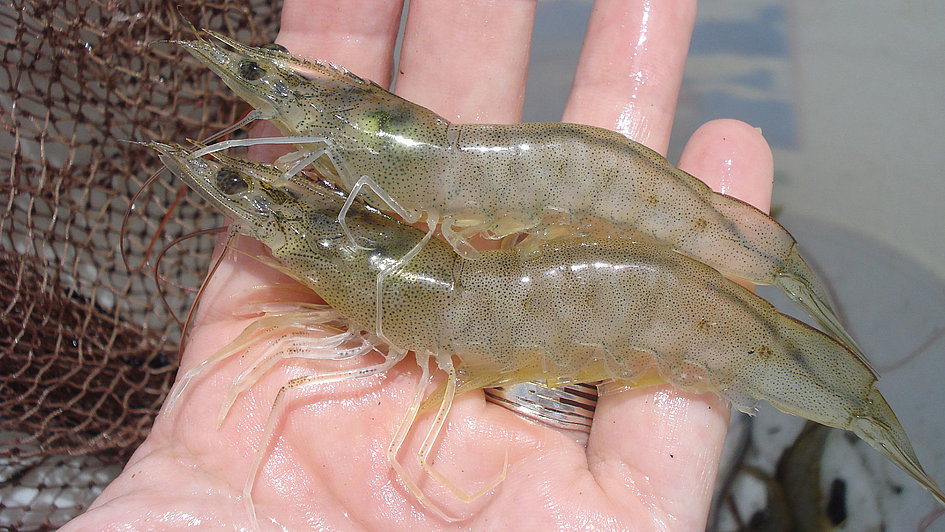
Shrimp farming can be an incredibly profitable venture, with the global market for shrimp increasing every year. Whether you’re looking to launch a large-scale production system or just a small operation on your land, there are numerous types of businesses that you can get into. This article will explore the most Shrimp farming (การเลี้ยงกุ้ง) farming businesses you can launch.
- Types of Shrimp Farms
Shrimp farming is an increasingly popular and profitable business, but it can be difficult to decide which type of farm is right for you. There are various shrimp farms with different advantages and disadvantages to consider.
The indoor tank system is one of the most popular types of shrimp farms because it eliminates some of the environmental issues associated with open ponds and offers greater control over water quality, temperature, nutritional input, and disease prevention. This method requires capital-intensive investments in tanks, filtration systems, aeration systems, and other infrastructure.

- Start-up Costs
Start-up costs for any business venture can be daunting, but when it comes to launching a shrimp farming business, the financial burden can be even greater. While the promise of profits may be attractive, many potential entrepreneurs are afraid to take that first step due to the high cost associated with setting up a successful enterprise. Whether you’re looking to start small or go big, there are some key things to consider minimizing your start-up costs and maximizing your gains.
You first need appropriate land and facilities for housing your shrimp farm. Depending on your location and the size of the farm you want to set up, this could range from a few hundred dollars for rented space to tens of thousands if you plan on buying your property.
- Location Considerations
Location is a critical consideration when launching any business, including those related to Shrimp farming (การเลี้ยงกุ้ง). The right location can greatly impact the profitability of your venture, as well as its long-term success. Different factors must be considered when selecting the ideal site for a shrimp farm, such as access to natural resources like water and electricity, proximity to markets, availability of skilled labor, and local regulations.
Additionally, obtaining necessary permits from government agencies to build and operate a shrimp farm may be more difficult in some areas than others. When evaluating potential locations for starting a successful shrimp farming business venture, it is important to thoroughly research each option before making a decision. Understanding the regional environment and climate conditions can ensure that your business gets off on the right foot.






